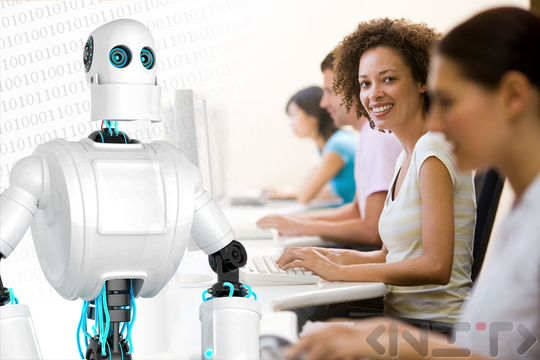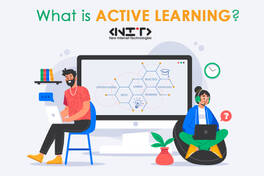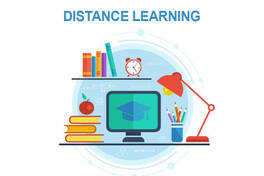
Approximate reading time: 51 sec
By analysing large data sets, computers can identify patterns of behaviour, predict events or make predictions.
Machine learning already has many offerings - Amazon recommends books, Google lets you know how long until your next appointment, autonomous cars drive themselves.
Today, however, we're not going to talk about how big corporations are taking advantage of "smart" technology, but how it can be applied to education.
Applications of machine learning in education
- Learning analytics, which is used to create models of learners' knowledge that can be used to give automated or personalized feedback.
- Content analysis, which can be used to organize and optimize the different elements of the content - assessments, training videos, etc..
- Scheduling algorithms that look for optimal ways of teaching and learning for learners.
- Assessment systems that check learners' assignments, detect plagiarism, etc..
- In cognitive psychology, machine learning can be used to validate current theories and develop new ideas.
- Active learning - personalized choice of assessment mode and types of learning resources - according to the needs of the specific learner.
- E-learning systems can identify which chapters, pages or images the learner has spent the most time on, i.e. which parts of the learning they found most interesting.
As you can see, machine learning is the technology that can help us make education more personalized, tailored to the individual learner and their needs.
Source: http://www.gettingsmart.com/2015/11/8-ways-machine-learning-will-improve-education/.

